World 1745-1901
Trade and the morality of some trade such as slavery are brought into question during this period. Included here are articles providing information about the world structures and the challenges they experienced in this period. Key individuals are explored such as Thomas Payne, and how their reach was British, European and Global. In other articles the encounters with China that are taking place in the 19th century are discussed.
Sort by:
Date (Newest first) | Title A-Z
Show:
All |
Articles |
Podcasts |
Multipage Articles
-

Polychronicon 142: 'instructive reversals' - (re)interpreting the 1857 events in Northern India
ArticleClick to view -

Polychronicon 160: Interpreting 'The Birth of a Nation'
ArticleClick to view -
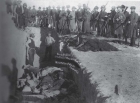
Polychronicon 173: From American Indians to Native Americans
ArticleClick to view -

Short cuts to deep knowledge
ArticleClick to view -

The Effect of Prior Knowledge on Teaching International History
ArticleClick to view -

The Indian Mutiny - Pamphlet
ArticleClick to view -

The Pennsylvanian Origins of British Abolitionism
ArticleClick to view -

The Slave trade and British Abolition, 1787-1807
ArticleClick to view -
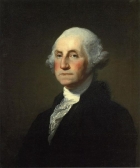
The War of American Independence
ArticleClick to view -
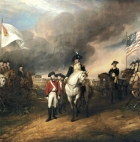
The effect of the loss of the American Colonies upon British Policy
ArticleClick to view -

The first trans-Atlantic hero? General James Wolfe and British North America
ArticleClick to view -
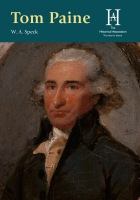
Thomas Paine
ArticleClick to view -
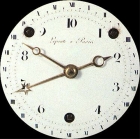
Time's arrows? Using a dartboard scaffold to understand historical action
ArticleClick to view -

Transatlantic slavery – shaping the question, lengthening the narrative, broadening the meaning
ArticleClick to view -

Understanding Slavery
ArticleClick to view -
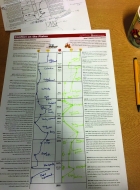
Using historical discourse to find narrative coherence in the GCSE period study
ArticleClick to view -

What Have Historians Been Arguing About... expanding the reach of the American Revolution
ArticleClick to view -

What Have Historians Been Arguing About... migration and empire
ArticleClick to view -
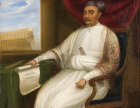
What Have Historians Been Arguing About... the British Empire and the age of revolutions in the global South
ArticleClick to view -
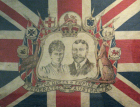
What Have Historians Been Arguing About... the history of Australia
ArticleClick to view

